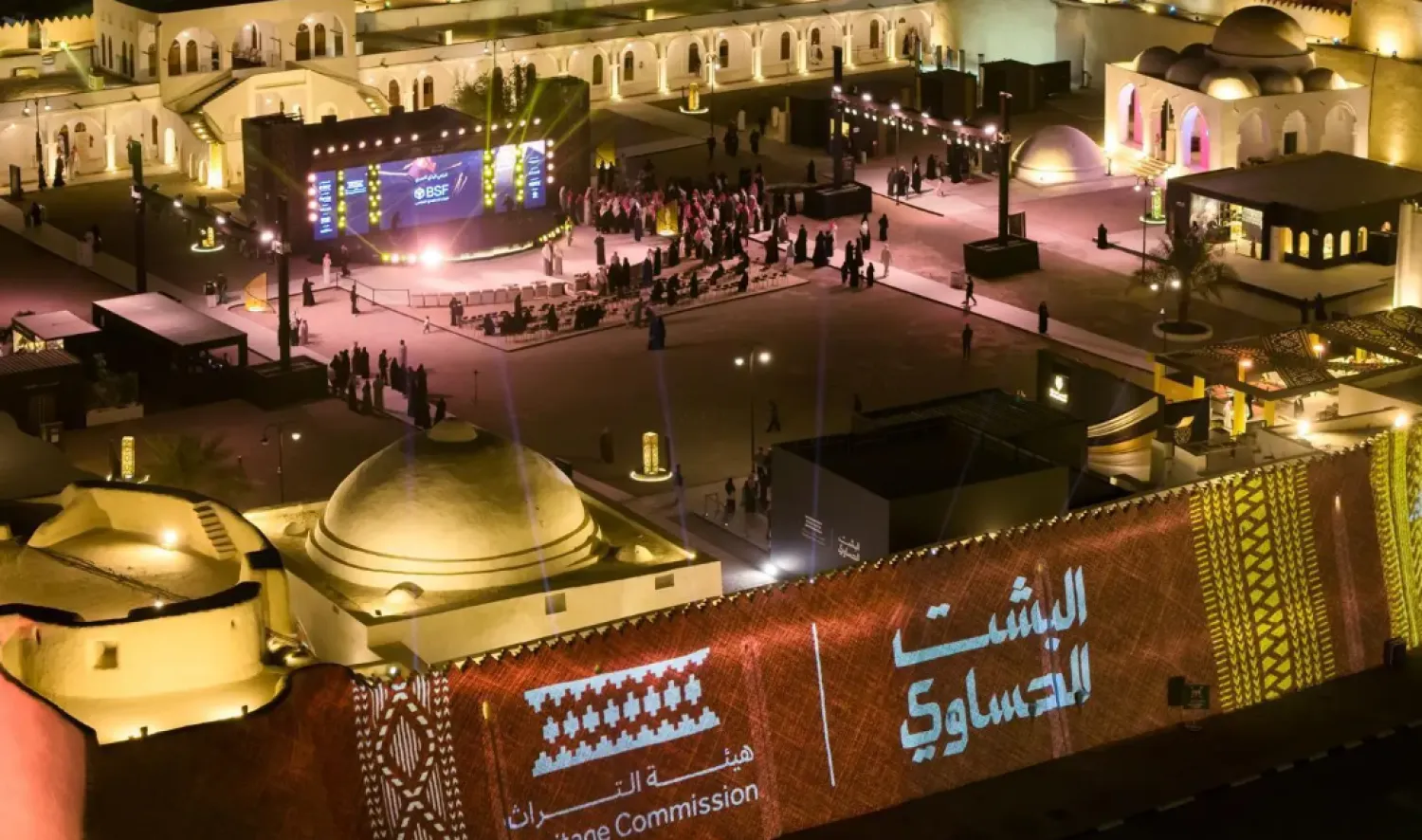The Saudi Culinary Arts Commission is organizing the fourth edition of the Saudi Feast Food Festival, which will take place at Abadi Aljohar Theater in Jeddah from November 27 to December 6. This event marks a significant celebration of Saudi Arabia's rich culinary heritage.
According to a statement issued by the Culinary Arts Commission, the festival aims to showcase Saudi cuisine to local, regional, and international audiences, positioning the Kingdom as a global culinary destination. Through unique tasting experiences and authentic dining environments, the event will create sustainable opportunities for Saudi Arabia's food sector while offering visitors an innovative journey through traditional Saudi dishes, SPA reported.
The statement said that the festival will feature a diverse array of activities and events across seven main zones. The Culinary Heritage Zone will allow visitors to sample iconic ingredients and recipes from restaurants representing various regions of the Kingdom. The Competition Zone will host cooking contests featuring national and regional Saudi dishes, while a dedicated Children's Zone will provide young participants the opportunity to prepare simple dishes under specialist supervision using local ingredients.
Other highlights include the Educational Zone, which will host workshops, and a dedicated space for gift shops and cookbook sales. A key feature of this year's festival is a special zone dedicated to the Year of the Camel 2024 initiative, showcasing camels and their products while emphasizing their deep-rooted cultural significance.
The Saudi Feast Food Festival serves as a premier knowledge hub, aligning with the Saudi Culinary Arts Commission's mission to celebrate and promote Saudi cuisine as cultural heritage. In addition to highlighting local culinary arts, the festival offers Saudi chefs a platform to showcase their expertise while providing educational content to the public.
The event also brings together entrepreneurs, international and local chefs, restaurant experts, farmers, and industry enthusiasts, fostering educational, commercial, and investment opportunities. As the largest culinary event in the Middle East, the festival seeks to build an integrated community by connecting stakeholders and creating opportunities across the culinary sector.
Through the Saudi Culinary Arts Commission, the festival underscores Saudi Arabia's commitment to preserving and developing its cultural heritage. It empowers young Saudi talents to transform their culinary passions into successful ventures, contributing to a sustainable and creative economy.
Saudi Culinary Arts Commission Announces 4th Edition of Feast Food Festival

File photo of Saudi flag/Asharq Al-Awsat

Saudi Culinary Arts Commission Announces 4th Edition of Feast Food Festival

File photo of Saudi flag/Asharq Al-Awsat
لم تشترك بعد
انشئ حساباً خاصاً بك لتحصل على أخبار مخصصة لك ولتتمتع بخاصية حفظ المقالات وتتلقى نشراتنا البريدية المتنوعة







